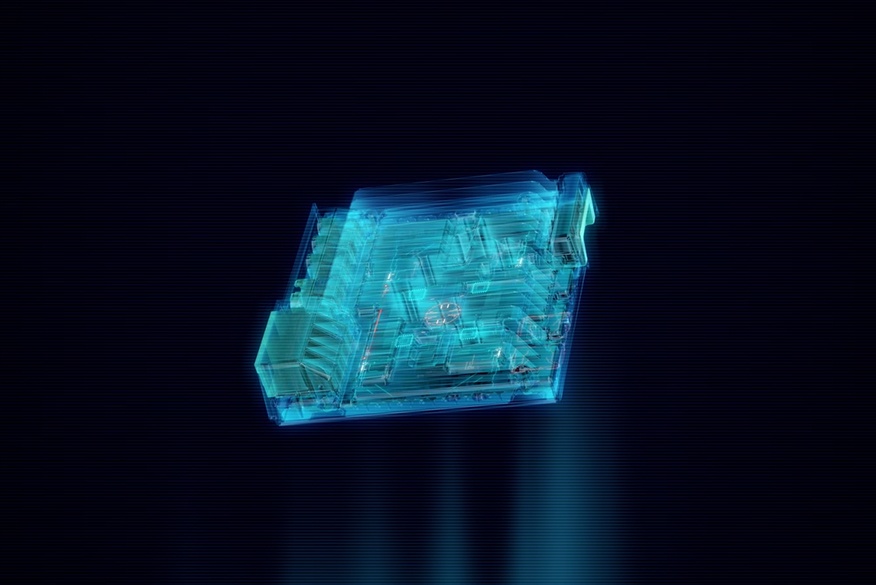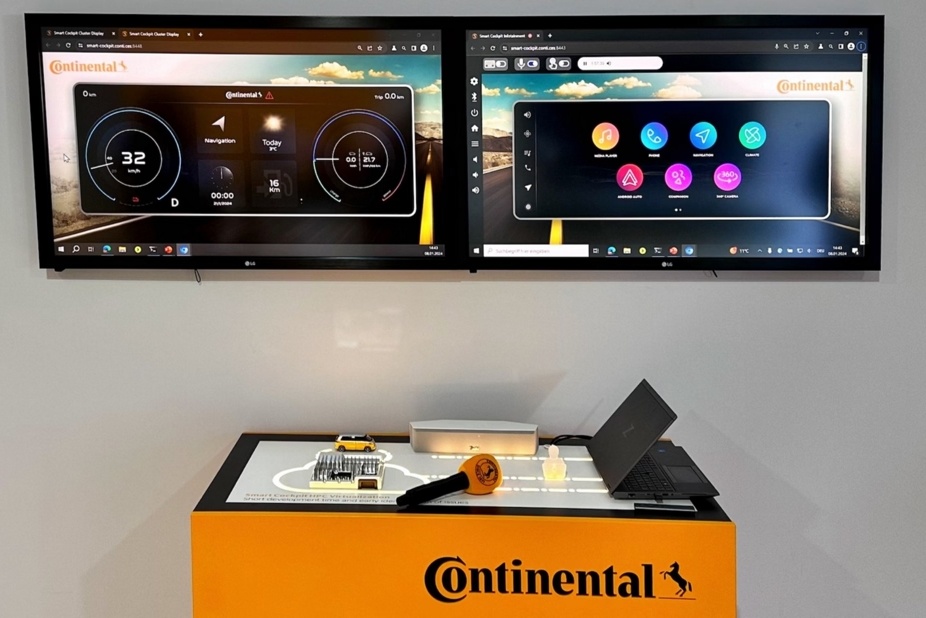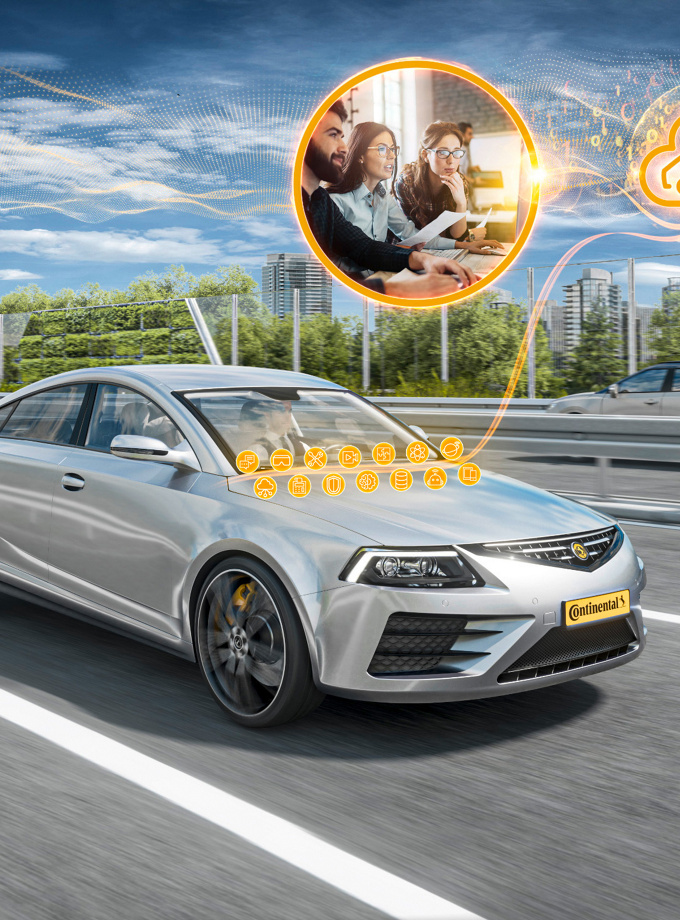In current vehicle projects, software development often depends on the availability of hardware. Due to the late and limited availability of hardware at the project's start, software development, integration, and testing typically begin only after hardware development. This delay can lead to the late discovery of problems, resulting in escalations, budget increases, and high risks.
Hardware Virtualization offers a 'Digital Twin' of an automotive Electronic Control Unit (ECU) within the cloud, allowing software development to be decoupled from hardware availability. As an alternative to target hardware (ECU), it is possible to share simulated devices among the development team to build, deploy, and test software.
Virtualization means speeding up development while reducing risks, saving resources and increasing quality.

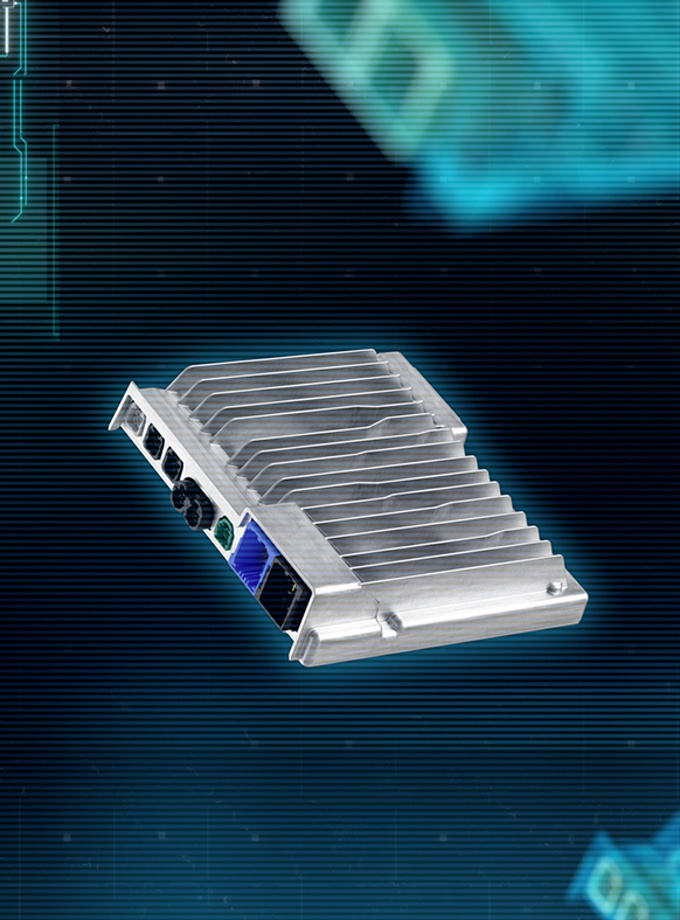



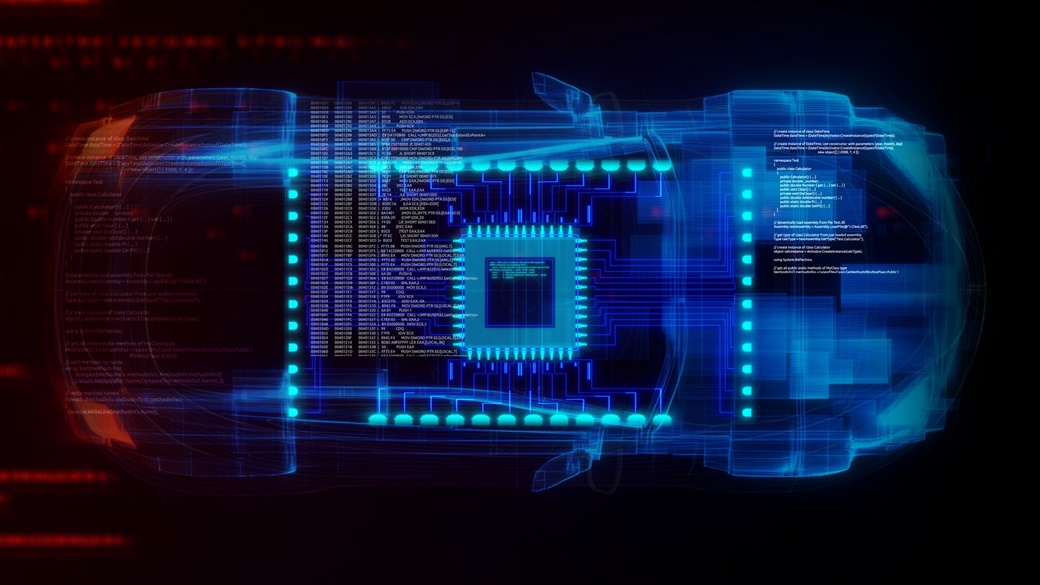




 (1)?qlt=95&wid=1040)
 (2)?qlt=95&wid=1040)
?qlt=95&wid=1040)
